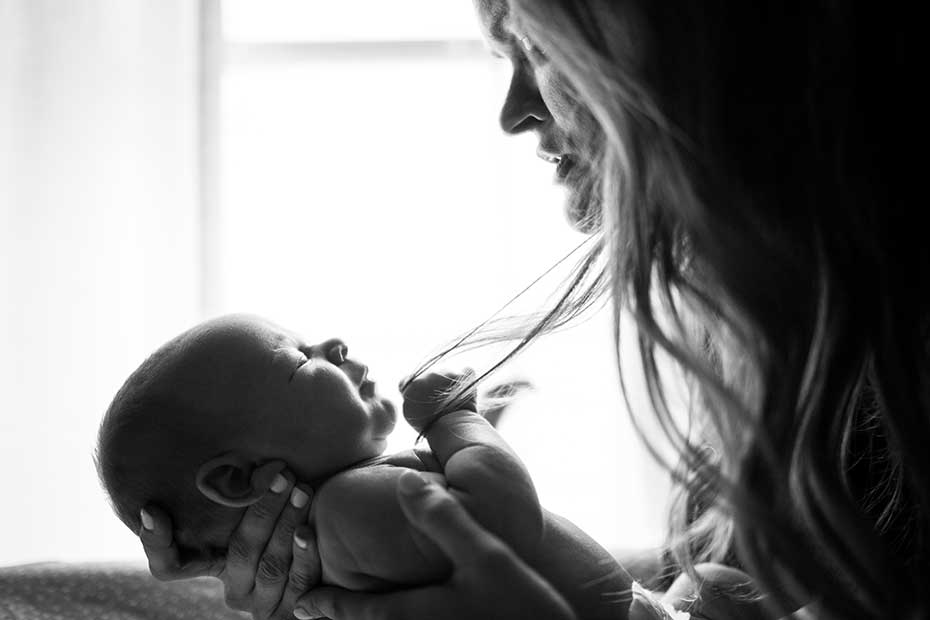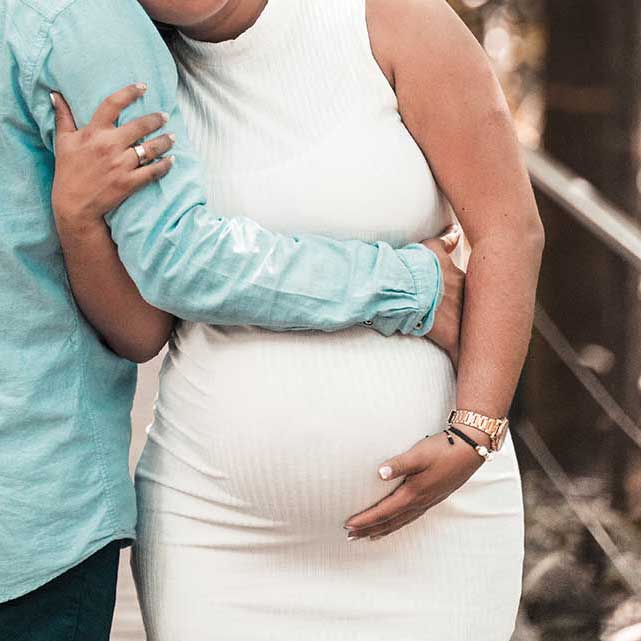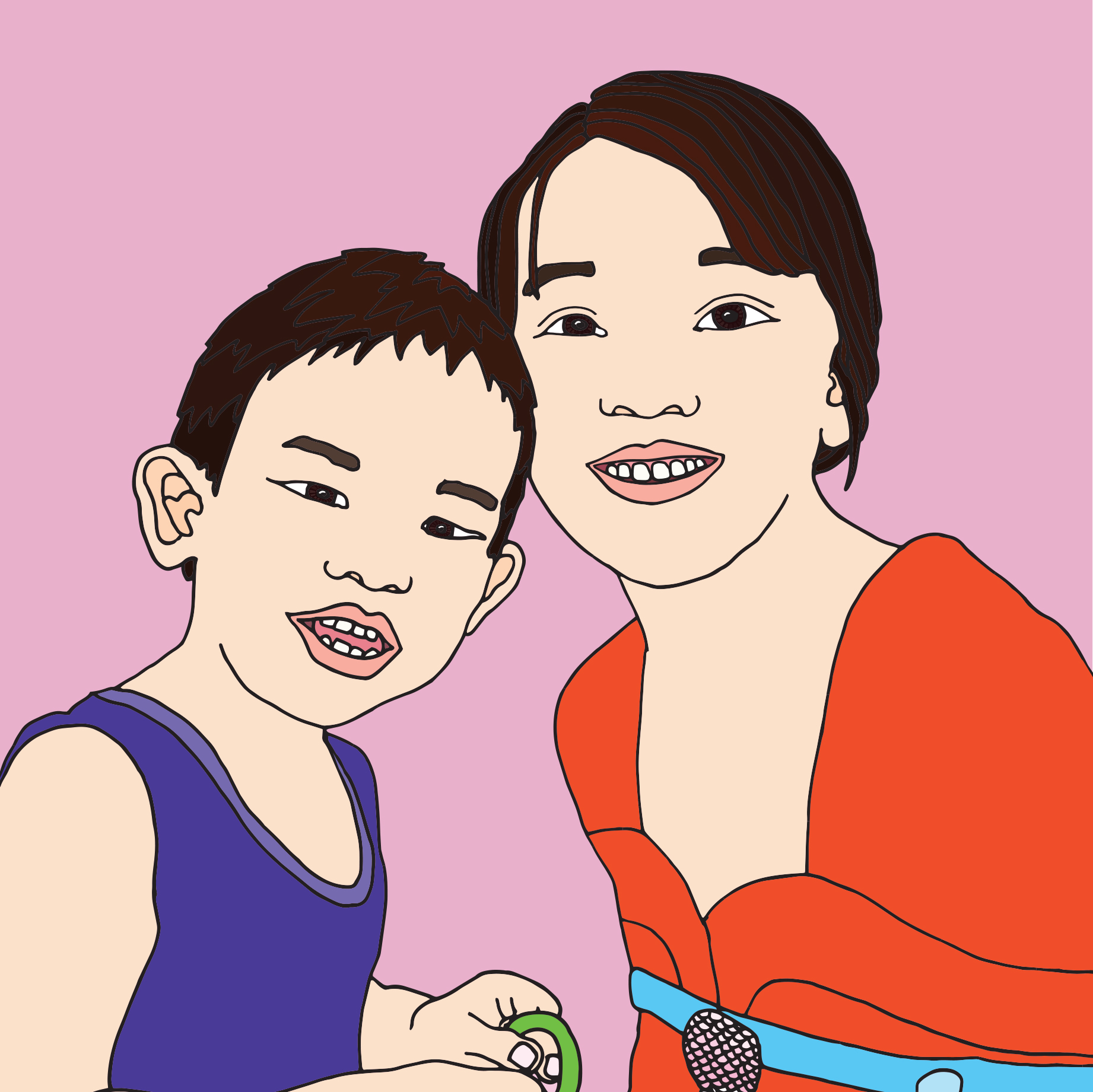Postpartum Mental Health: Baby Blues

What the baby blues are and how to know if you’re experiencing them. Let us explain.
Postpartum can be a rollercoaster ride of emotions for those who have the baby blues. One minute you can feel overjoyed and the next you can be in tears but we promise, you’re not the only one. Your hormone levels are shifting, you may feel overwhelmed by the responsibility of caring for your new baby, you might be disappointed by the sex if you didn’t find out during your pregnancy, and you’re probably feeling sore and tired. You may also be processing the birth, especially if it didn’t go how you’d hoped. So, being tearful at times is very normal. Be patient with yourself as you come to terms with this new stage of your life, it’s going to take some time to adjust physically and emotionally.
If you’re finding the transition to motherhood challenging or if you are struggling to adjust with another child, there is support available to you. Your midwife will be visiting you regularly to see how you’re doing as well as checking up on your baby – be honest when they ask how you’re feeling, they’re here to help you and will not pass any judgement.
A few days after birth, the hormone levels from pregnancy drop rapidly which can result in some people feeling low or more emotional than usual. It commonly occurs around day three or four and is regarded as the ‘baby blues’. You might find that you cry over ‘nothing’ which is typical of this time but it normally lasts just a day or two. The baby blues is not the same as postnatal depression – postnatal depression is a longer-lasting mental health condition, whereas the baby blues are a temporary reaction to hormonal changes.



